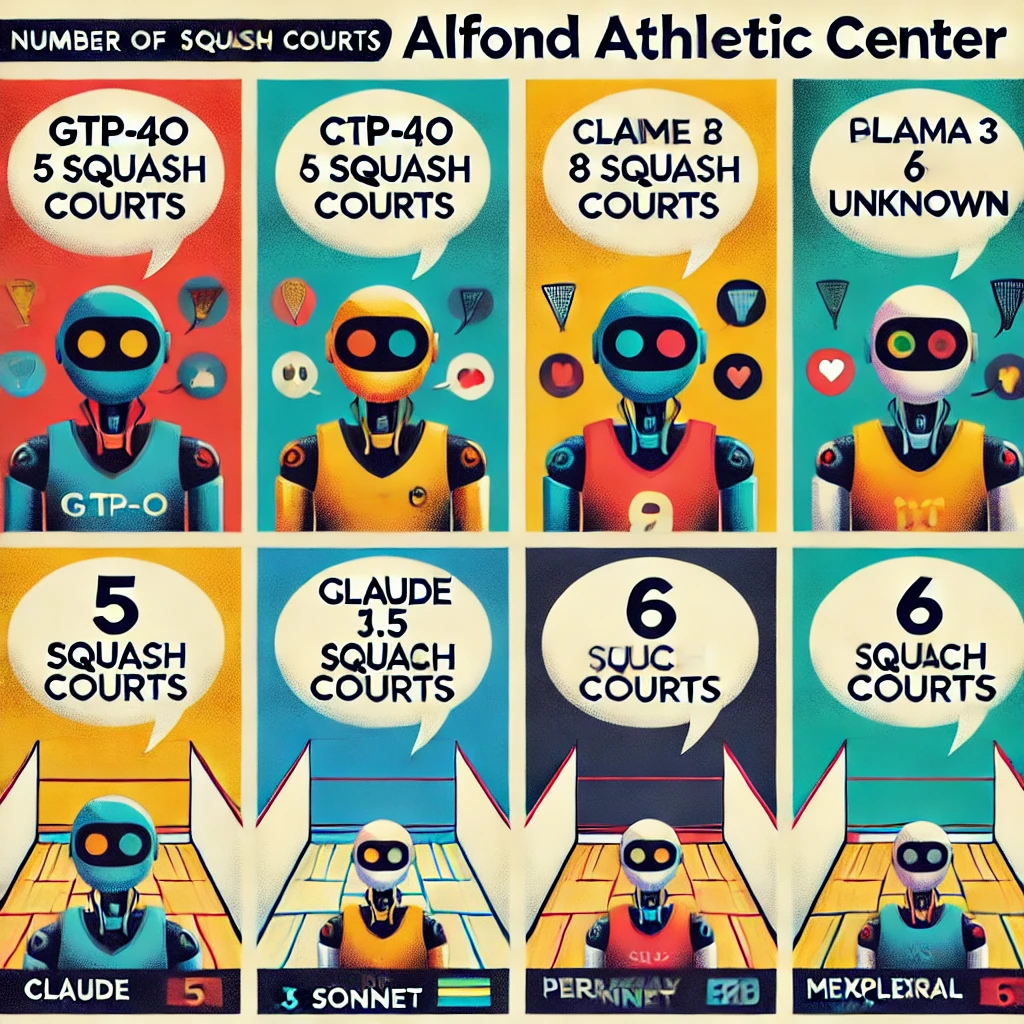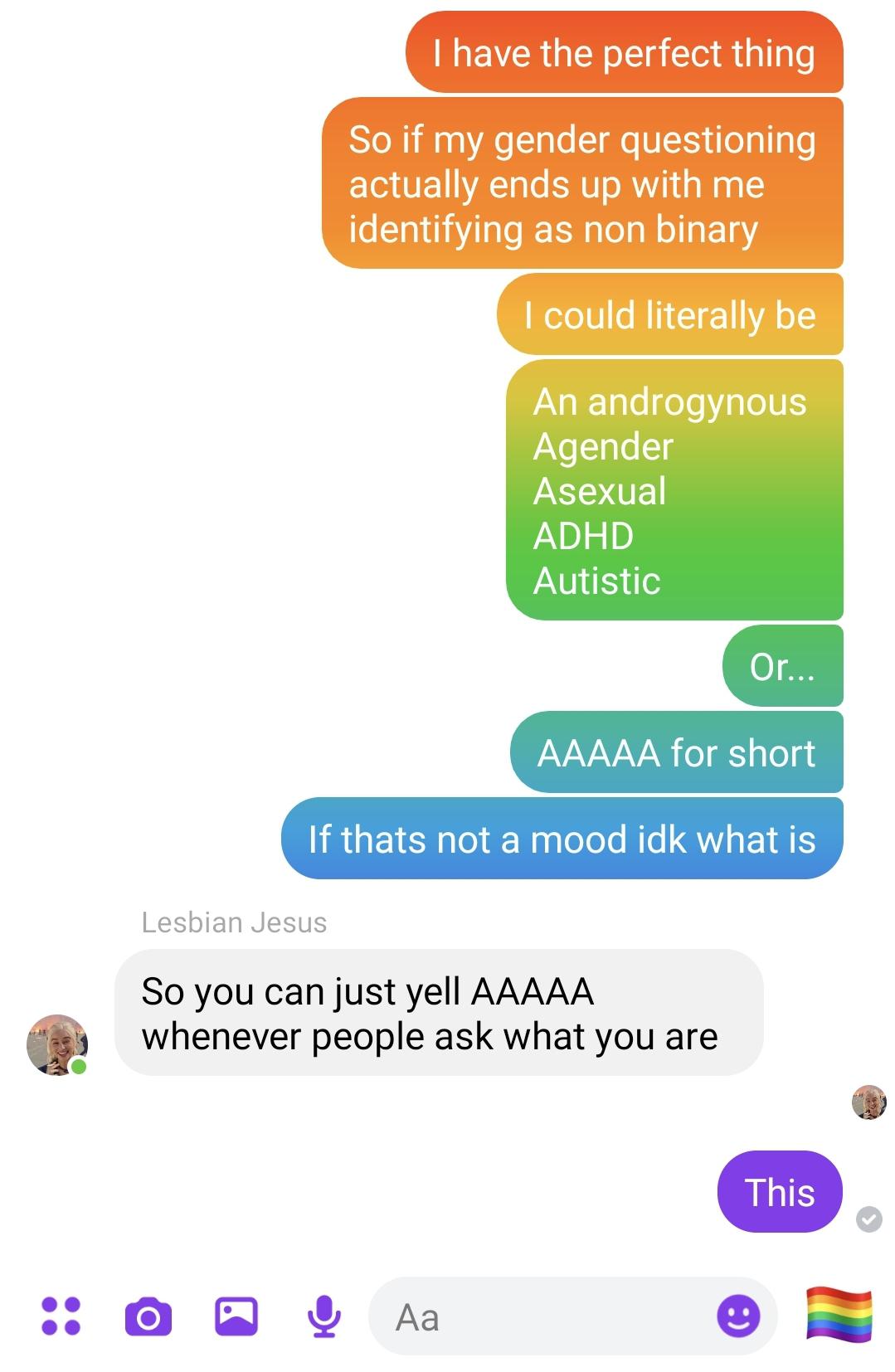The Free Speech Implications Of Character AI Chatbots: A Court Case Analysis

Table of Contents
Defining the Scope: What Constitutes Free Speech in the Context of AI Chatbots?
The First Amendment of the U.S. Constitution, and similar protections in other countries, guarantees freedom of speech. However, this right is not absolute. It's subject to limitations, such as incitement to violence, defamation, and obscenity. Applying these established limitations to AI-generated content presents a unique set of challenges. The key difference lies in the source: human intent versus algorithmic output. A human speaker is directly responsible for their words; assigning responsibility for AI-generated content, however, is more complex.
The concept of "algorithmic bias" further complicates the issue. If an AI chatbot, trained on biased data, generates discriminatory or offensive content, who is held accountable? The developers? The users? The answers are far from clear.
- Legal precedents related to computer-generated speech: Existing legal frameworks primarily address human speech, leaving a gap in the regulation of AI-generated content.
- Challenges in attributing responsibility for AI-generated content: Determining liability for harmful or illegal content produced by an AI chatbot remains a significant hurdle. Is it the developer, the user, or both?
- The role of platform liability in moderating AI chatbot content: Companies hosting AI chatbots face challenges in balancing free speech with the need to moderate potentially harmful content, similar to the debates surrounding social media platforms.
Case Study 1: Doe v. Character AI Inc. (Hypothetical Case)
For the purpose of this analysis, let's consider a hypothetical case, Doe v. Character AI Inc. In this scenario, a user engaged with a Character AI chatbot programmed to simulate a historical figure. The chatbot's responses, though within its programmed parameters, contained statements that were considered defamatory by another party. This hypothetical case raises the question: can Character AI Inc. be held liable for the chatbot's statements, even if they were generated autonomously within the parameters of its programming?
- Key legal arguments concerning free speech: The defense might argue that the chatbot's statements are protected under free speech principles, similar to a book or article authored by a human. The plaintiff, conversely, might argue that Character AI Inc. bears responsibility for the chatbot's outputs and should be held liable for the harm caused by defamatory statements.
- The court's interpretation of relevant legislation: The outcome would depend heavily on the court's interpretation of existing legislation regarding defamation, liability for AI-generated content, and the extent to which developers are responsible for the actions of their AI creations.
- Potential impact of the ruling on future cases: A ruling in favor of the plaintiff could set a precedent for holding AI developers accountable for the actions of their chatbots, potentially chilling innovation. A ruling for the defense could signal greater tolerance for AI-generated speech, potentially leading to increased instances of harmful content.
The Future of Regulation: Balancing Free Speech with Accountability
The rapid advancement of AI chatbot technology necessitates the development of clear legal frameworks. These frameworks must balance the protection of free speech with the prevention of harm caused by biased, discriminatory, or illegal content generated by these systems. A purely laissez-faire approach risks significant societal harm, while overregulation could stifle innovation.
- Proposed legislative changes or policies: New legislation might focus on clarifying liability, establishing standards for AI training data, and mandating transparency in algorithms.
- Ethical considerations for AI developers: Developers bear a significant ethical responsibility to ensure their chatbots are trained on unbiased data and programmed to prevent the generation of harmful content. Self-regulation and industry best practices are vital.
- The potential for technological solutions to mitigate risks: Technological solutions, such as improved content moderation tools and techniques to detect and prevent biased outputs, are crucial in mitigating the risks associated with AI chatbots.
Conclusion: The Ongoing Evolution of Free Speech in the Age of Character AI
The analysis of hypothetical court cases highlights the complex interplay between free speech principles and the development of AI chatbots like Character AI. The lack of clear legal precedents creates uncertainty, requiring careful consideration of liability and regulatory approaches. Balancing free speech rights with the need for accountability is crucial to foster responsible innovation and prevent the spread of harmful or biased content. To ensure a future where both technological advancement and free speech rights are protected, continued research, discussion, and the development of robust legal frameworks addressing the free speech implications of Character AI chatbots are essential. Stay informed by following legal developments and engaging in discussions on AI ethics and regulation. The ongoing evolution of free speech in this digital age demands our continued attention and proactive engagement.

Featured Posts
-
 El Coe Declara Alerta Amarilla En 9 Provincias Y Verde En 5
May 23, 2025
El Coe Declara Alerta Amarilla En 9 Provincias Y Verde En 5
May 23, 2025 -
 Big Rig Rock Report 3 12 Laser 101 7 Key Concepts And Applications
May 23, 2025
Big Rig Rock Report 3 12 Laser 101 7 Key Concepts And Applications
May 23, 2025 -
 Couple Fights Over Joe Jonas His Classy Response
May 23, 2025
Couple Fights Over Joe Jonas His Classy Response
May 23, 2025 -
 Caso Elias Rodriguez App Niega Acusaciones De Venganza Politica En La Libertad
May 23, 2025
Caso Elias Rodriguez App Niega Acusaciones De Venganza Politica En La Libertad
May 23, 2025 -
 The Official England And Wales Cricket Board Website
May 23, 2025
The Official England And Wales Cricket Board Website
May 23, 2025
Latest Posts
-
 Review Jonathan Groffs Just In Time A Captivating Bobby Darin Tribute
May 23, 2025
Review Jonathan Groffs Just In Time A Captivating Bobby Darin Tribute
May 23, 2025 -
 Jonathan Groffs Just In Time A 1965 Style Party On Stage
May 23, 2025
Jonathan Groffs Just In Time A 1965 Style Party On Stage
May 23, 2025 -
 Just In Time Review Jonathan Groff Shines In A Stellar Bobby Darin Musical
May 23, 2025
Just In Time Review Jonathan Groff Shines In A Stellar Bobby Darin Musical
May 23, 2025 -
 Jonathan Groffs Just In Time Performance Exploring The Artistic Process And Raw Talent
May 23, 2025
Jonathan Groffs Just In Time Performance Exploring The Artistic Process And Raw Talent
May 23, 2025 -
 Jonathan Groffs Past An Open Conversation About Asexuality
May 23, 2025
Jonathan Groffs Past An Open Conversation About Asexuality
May 23, 2025
